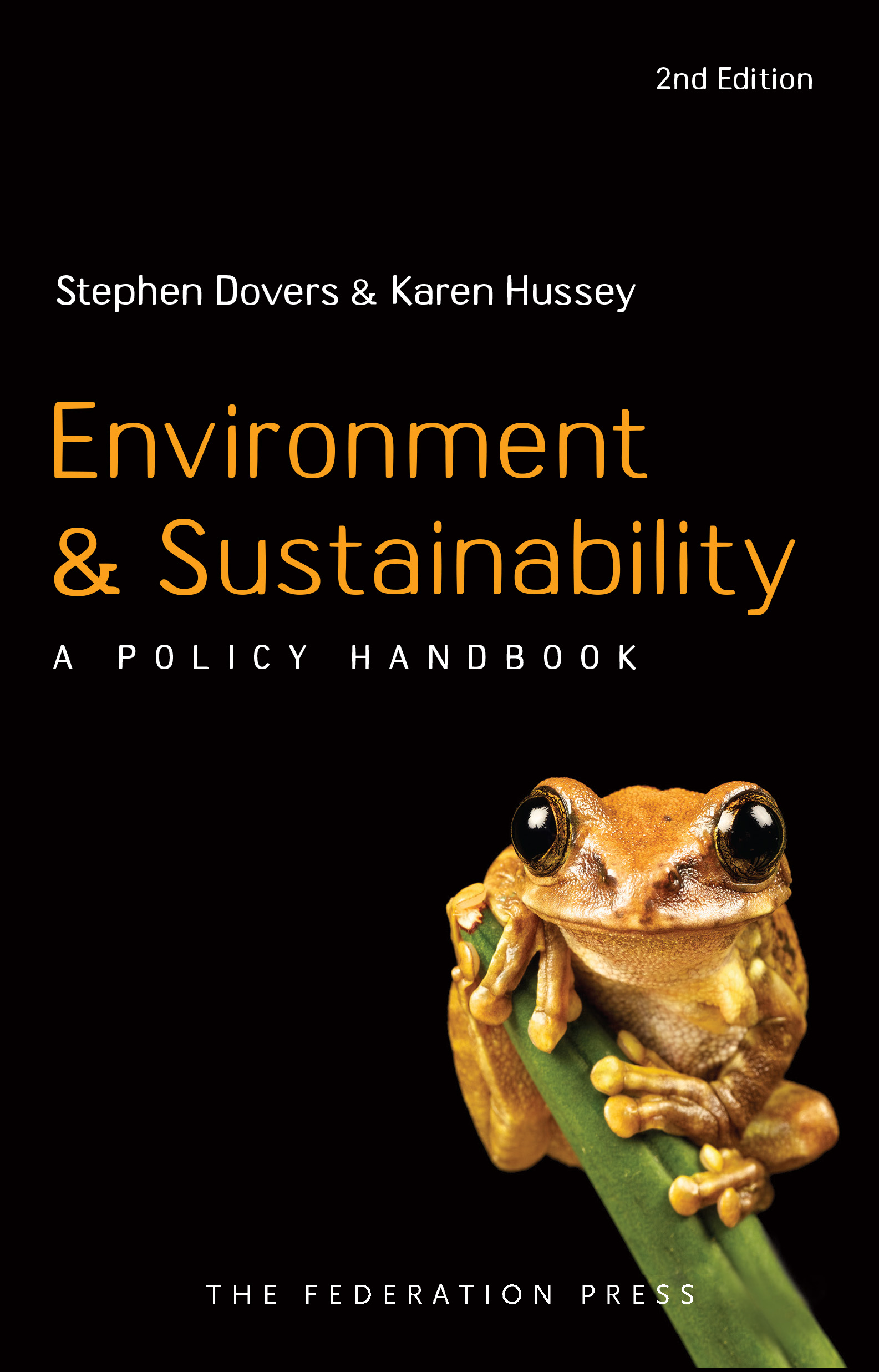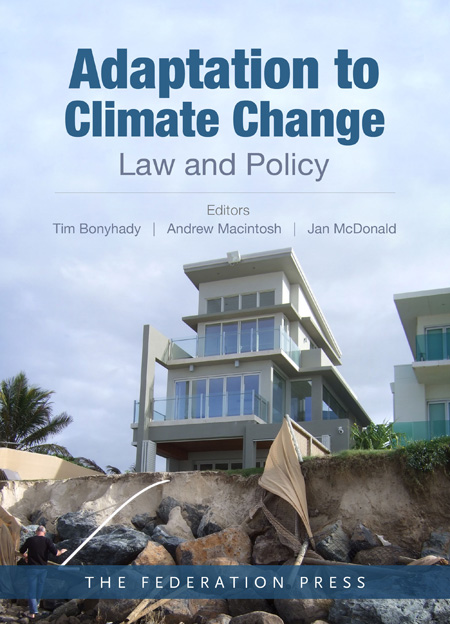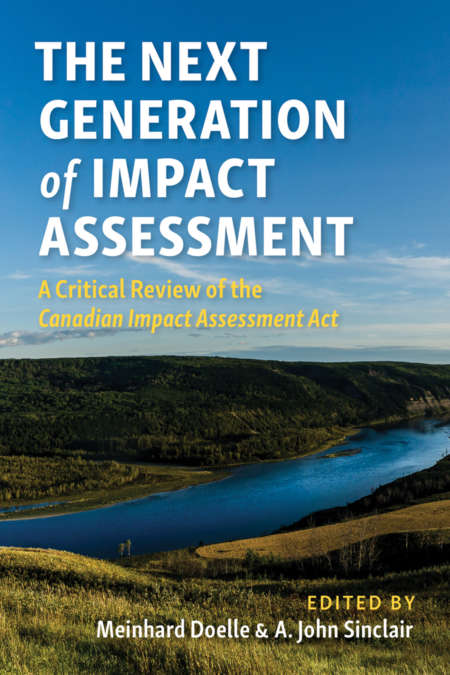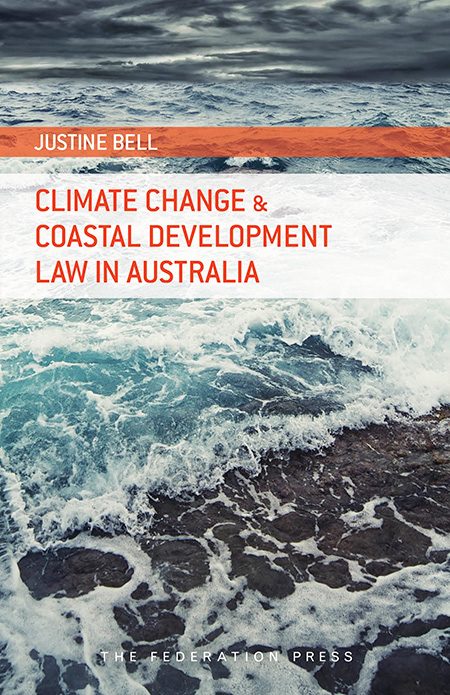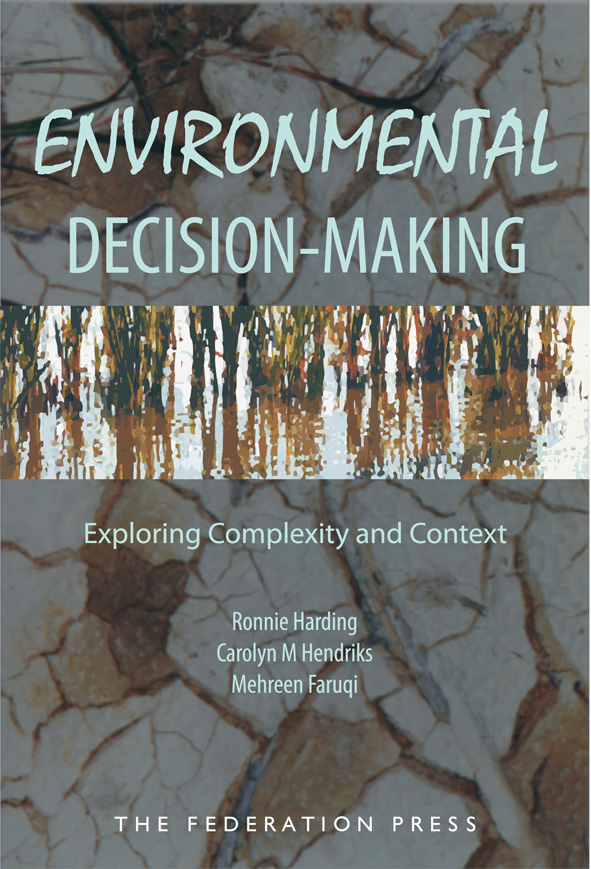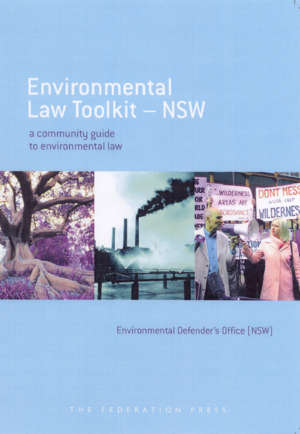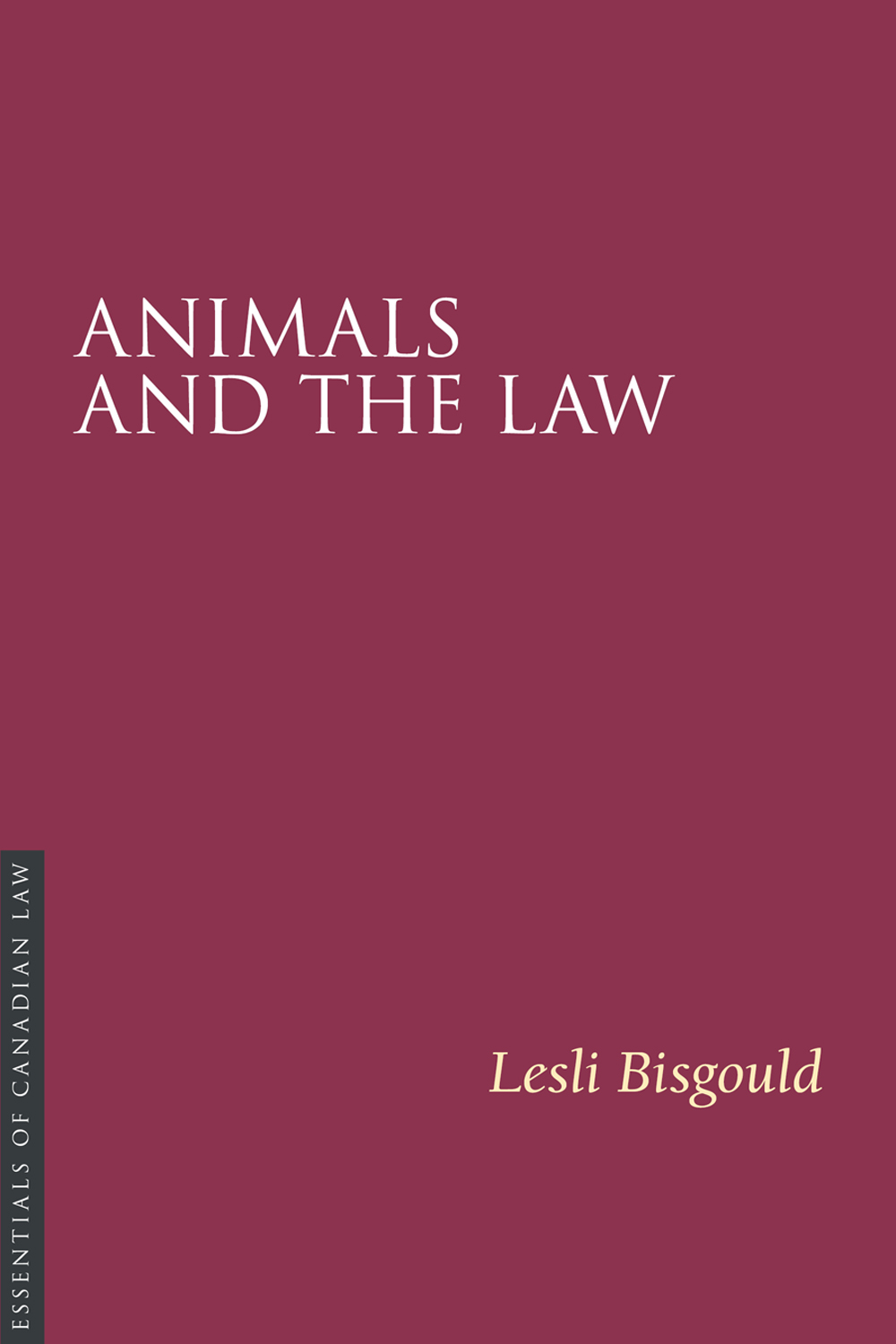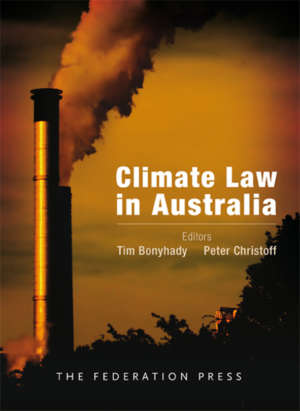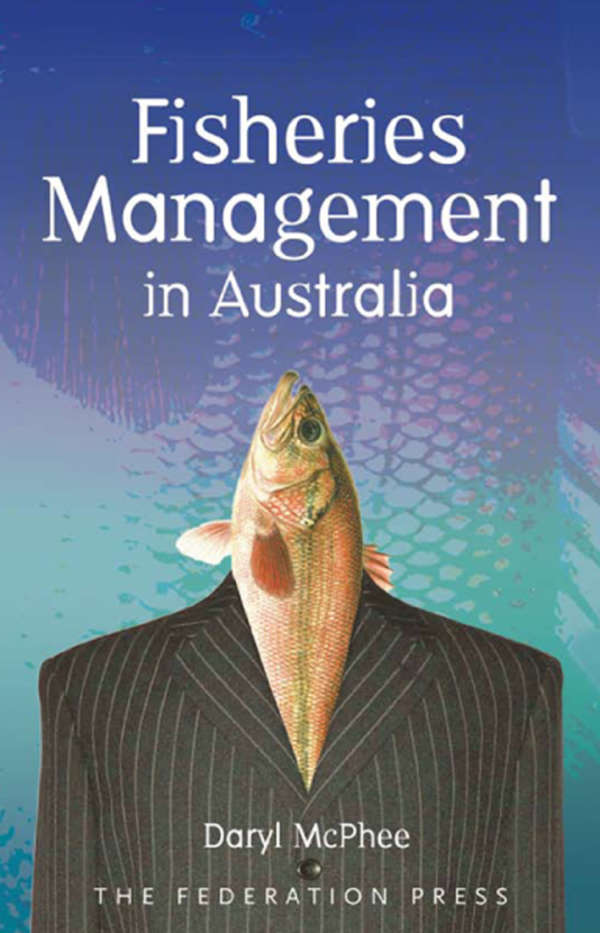Product Description
Dovers and Hussey argue that better public policy is the key to creating a more sustainable environment and show what this might involve. This is an intensely practical book, intellectually rigorous, and written in a concise and accessible style.
They meld a deep knowledge of traditional public policy with a close understanding of sustainability problems and an appreciation of the complex institutional systems which make up modern civil society. As well as establishing an operational framework for policy analysis and prescription, they provide ways of fulfilling key elements of an effective policy process with chapters on:
Problem framing
Policy framing
Policy implementation
Policy monitoring and evaluation
Public participation
Institutional settings and reform for effective policy.
This edition responds to the increasing urgency and complexity of challenges of environment and sustainability. It is updated to include new perspectives from policy theory and practice, expands the coverage of international dimensions of trade and regulation and incorporates coverage of emerging issues and policy challenges such as climate mitigation and adaptation, urban sustainability, and the nexus between climate change, energy and water.

